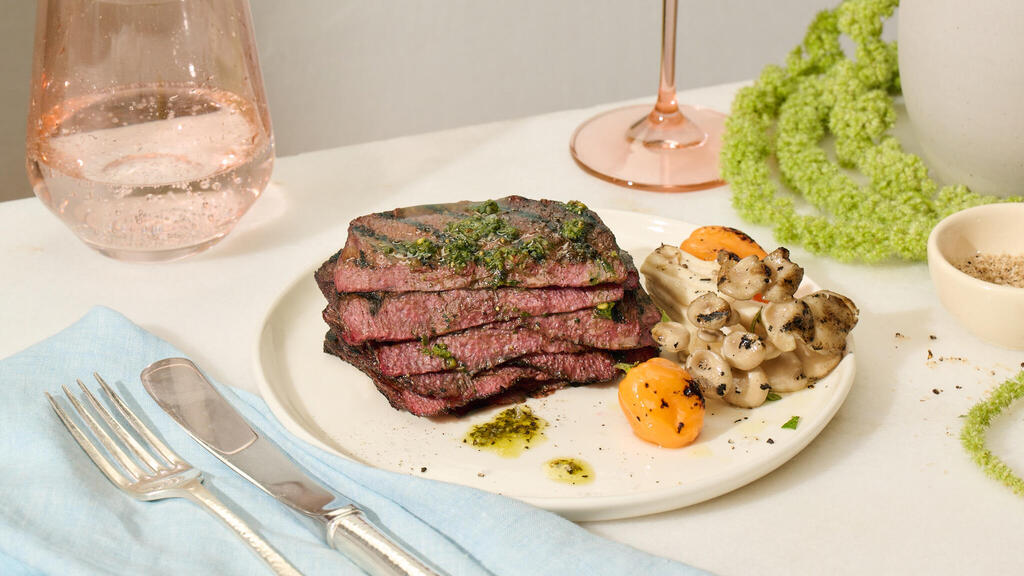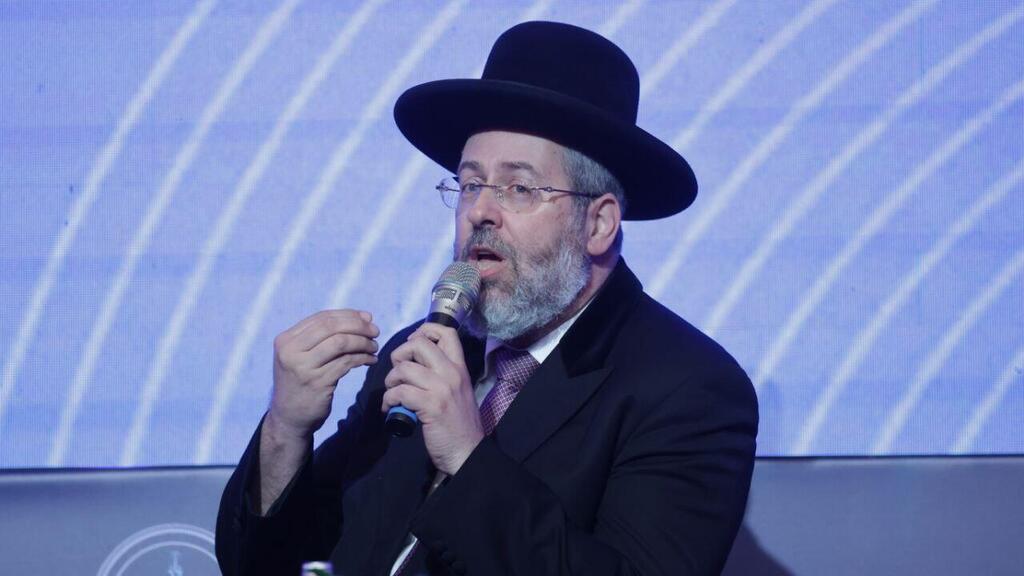Following the unprecedented approval from the Health Ministry for lab-grown cultured meat, designed to pave the way for the product from the lab to consumers' plates. The question arises whether cultured meat, based on cells from animals and grown in bio-reactors, would be considered a meat ingredient or pareve under Jewish dietary laws and, ultimately, if it can be deemed kosher at all.
Read more:
Exactly a year ago, Chief Rabbi of Israel David Lau ruled that cultured meat not derived from the flesh of existing animals is "kosher and pareve" and is not considered meat. Thus, it should be treated as a vegetarian product.
Before issuing his halachic opinion, Rabbi Lau visited a plant in Rehovot, where he learned about and closely examined the production processes of cultured meat. According to him, defining cultured meat as kosher is contingent on additional ingredients meeting local rabbinic kosher standards.
Rabbi Lau emphasized that his halachic opinion was designed to make a principled decision regarding the status of cultured meat produced from stem cells presented to him at the facility. It aims to provide halachic preference for this production method where cells are derived not from the flesh of existing animals but rather through the isolation of stem cells from umbilical cord blood, their cultivation, and subsequent implantation and feeding in a "vegetative" medium.
However, Rabbi Lau noted that "in the case where lab-grown meat is marketed as meat or meat products, especially if its form is similar to meat in taste and scent during cooking, there is room to be strict and define it as kosher but not pareve concerning its mixture, cooking, and consumption with dairy products."
Rabbi Lau's decision is part of a spectrum of opinions among halakhic authorities. One such authority, Rabbi Asher Weiss, has previously stated that "Halakhic decisions face a genuine challenge, as a decision must operate within the sphere where he issues decisions, while the scientific-technological world does not stop renewing and changing."
According to Rabbi Weiss, speaking at a conference organized by the Herzog Academic Center and the Sulamot Association on the topic, "The first question that needs to be asked is whether it is meat. Well, it is meat that develops from stem cells in a processing method, not meat created out of nothing. This capability belongs only to God."
This decision has significant ramifications: How will a restaurant that markets cultured meat be categorized – as meat or dairy? Will it be permissible for a kosher restaurant to serve cultured meat with dairy products, allowing, theoretically, the presentation of a kosher cheeseburger? What labeling will be on the packaging? Each decision in these intriguing questions will greatly impact businesses, and every determination will have broad implications.




